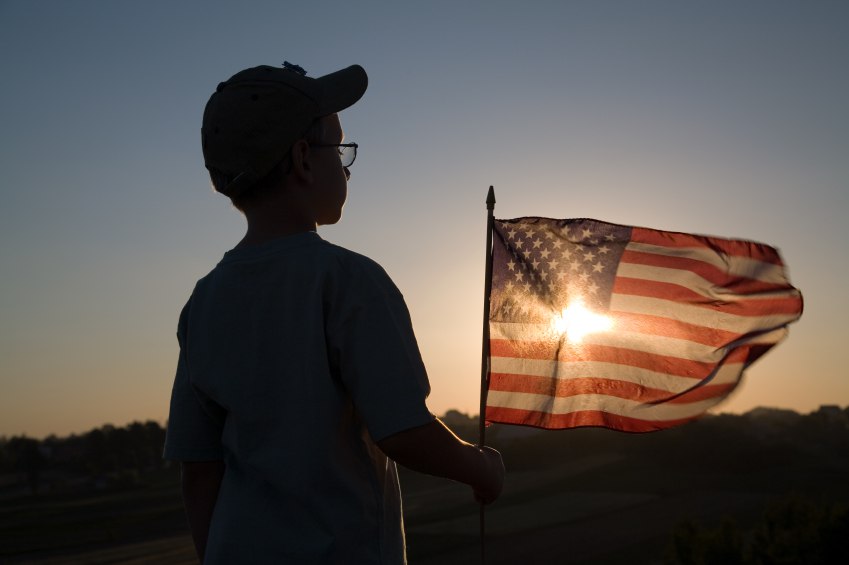
How Deportation Affects Children of Immigrant Parents
Presidential candidate Donald Trump recently announced his immigration plan calling for the mass deportation of approximately 11 million undocumented immigrants.[1] However, Mr. Trump’s plan does not address what will happen to U.S.-born children of undocumented immigrants. According to the National Counsel of La Raza, in 2008, there were approximately four million such children in the United States.[2] The issue is: when undocumented immigrants are deported, what happens to their US-born children?
Today, there is a serious disconnect between federal immigration and state child welfare policies. Undocumented immigrants routinely “disappear into the immigration detention system and are separated from their families for months and denied contact with welfare agencies deciding their children’s fate.”[3] Furthermore, once deported it is a felony for deportees to reenter the States, making it difficult for parents to reunite with their children. Meanwhile, under the Adoption and Safe Families Act, if parents have been absent for 15 out of 22 consecutive months, states must pursue the termination of parental rights.[4] This leaves most parents helpless to fight a U.S. judge deciding what is best for their children, which normally can include placement of the children in foster care or putting them up for adoption.
Those trying to reunite with their children face an uphill battle. If faced with deportation and termination of parental rights, parents may have to obtain temporary legal status to challenge any adoption and ask the court to allow them to take their children back to the parents’ native home. However, a parent’s immigration status may itself be grounds for the permanent separation of families. As stated by Judge David Dally, “Smuggling [oneself] into a country illegally and committing crimes in this country is not a lifestyle that can provide any stability for a child.”[5]
As a result, in the event of mass deportation, four million U.S.-born children will likely end up in the child welfare system, and be faced with the daunting prospect of being separated from their parents and families for a long, long time.
